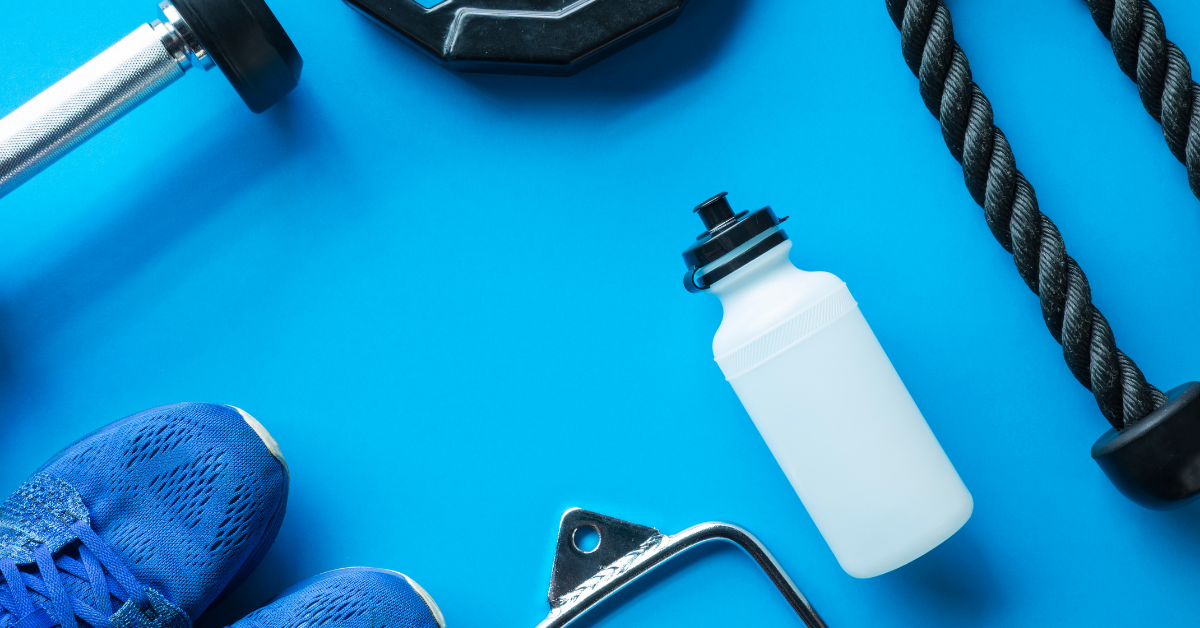Prior to getting a workout in, whether you’re lifting weights, running, swimming or whatever you do to be active. It is crucial that you implement an effective warm up and cool down to reduce risk of injury and increase performance.
Too often I see people walk into a gym and load up a tonne of weight on the bar and start lifting or showing up to a park and just start giving it their all on a run. It’s an injury waiting to happen.
In this blog I will go through 3 things you should be doing for both pre- and post-workout to minimise injury and improve performance.
Pre workout:
Elevating body temperature
Spending 3-5 minutes, prior to beginning your main exercise or workout, by doing some light exercise and breaking a light sweat is not only beneficial physically but also psychologically.
Elevating our body temperature prior to a workout allows for the body to increase blood flow, increase muscle temperature for more forceful muscle contractions and the ability to relax quicker, improve oxygen efficiency and most importantly reduce injuries.
Psychologically, a warm-up is beneficial as it allows you to get in an appropriate headspace and focus on the activity ahead.
Exercises to do before exercise may include:
- A light walk on the treadmill / stairmaster / cross trainer
- A light cycle
- Rowing
- Skipping
Dynamic stretching over static
Often when we get to the gym or where we will be exercising you usually run through the classic quad stretch, touch your toes to stretch your hamstrings, reach across your body to stretch your shoulders and then off you go. However, this is not the most effective way to use your warm-up time.
Dynamic stretching has become the poster child for efficient and effective warm-ups. A dynamic stretch consists of performing active movements where you take the muscles and joints through their full range of motion prior to exercise. Dynamic stretching has been shown to improve performance, power, speed and agility.
Don’t write off static stretching just yet, we’ll discuss its place a little later on.
Slowly work your way into your exercise
Whether you’re a weightlifter, bodybuilder, runner, cyclist, pilates goer you should always ease your way into exercise. This will prime your body for the intense exercise to follow. For example, if you’re trying to do a fast-paced 5km run, do a jog at 60% of your pace for 500m and then build your way into 100%. If you’re bench pressing, I would start with the bar and slowly add weight each time before you get to your working weight. This will significantly reduce your risk of injury.
Post Workout:
Now, what you do post workout is just as important as what you do when warming up. Specific post workout activities will determine how well you recover.
Stretch/ foam roll
As previously mentioned, static stretching can you be utilised at the end of a workout as it won’t hinder your performance by doing it beforehand. Doing some static stretching and foam rolling post workout will reduce muscle stiffness and allow the muscles to regain some range of motion after a hard session. Stretching post workout will also have a hand at limiting muscle soreness, which we all know can be quite debilitating after a heavy session (getting on and off the toilet is a nightmare!)
Food
Eat some calories after we just burnt them? You don’t have to tell me twice! Post workout nutrition can play an important role in recovery and preparation for future workouts. After a heavy exercise session our bodies become depleted after having to utilise our energy stores. Therefore, we need to refuel and rehydrate to encourage muscle repair and growth.
The best foods to consume post workout are foods that are carb and protein dense!
Sleep
We all know that we’re supposed to aim for 8-9 hours of sleep, but sometimes you might be too emotionally involved with a tv series on Netflix and end up binging until 2am when you have to be up at 6am for work.
Research shows that people who are sleeping less than 8 hours each night are almost twice as likely to get injured. Our bodies recover best at night when we are asleep, not only physically but psychologically as well. Our bodies undergo many chemical changes whilst we sleep that work to promote muscle recovery, healing and growth. So, turn Netflix off, get off Instagram and TikTok and catch them zzzzz’s.


